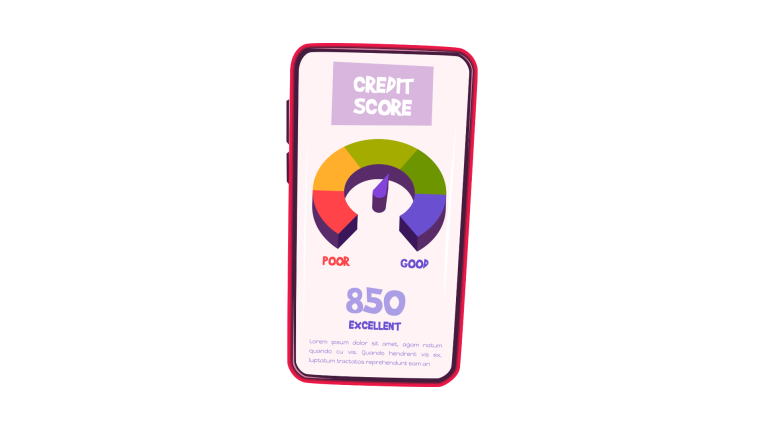Most lenders prefer borrowers with a credit score of 670 and above, and you can check your credit score in a matter of minutes. Most credit card companies allow you to check your credit score for free.
Are There Instances When Checking Your Credit Score Hurts It?
Personal inquiry, which refers to you personally checking your credit score, doesn’t hurt it, and a third party can check your credit score and not hurt it as long as they aren’t doing it to determine your creditworthiness but for informational purposes. On the other hand, a credit score check done after applying for a loan can affect your credit score by a few points. Other things such as collections or unpaid bills can also affect your credit score–thankfully, if there are any errors on your credit report, a credit repair company can help.
How to Check Your Credit Score
There are several ways to check your credit score without leaving the comfort of your home, such as requesting to receive your credit score yearly from one or all of the three credit bureaus. You can do so by visiting annualcreditreport.com or by sending a request to the Annual Credit Report Request Form. You can also:
- Use the service’s free credit scoring website–many websites allow you to register and view your credit score. Some also offer credit monitoring for a small fee. Most require a subscription to view a total credit score, but you should be ready to pay a higher fee for more detailed features.
- Check your credit score via your credit card company–enquire from your credit card provider on whether they offer free credit score checking. Based on the card issuer, some offer advanced features such as forecasting the future of your credit score based on, among other factors, your spending habits.
- Receive a credit score report within sixty days of receiving an adverse action notice–other instances can warrant a free credit report, including when receiving a fraud alert on your file.
Hard and Soft Inquiries
A soft inquiry is where the lender only requests basic information and aims to know your credit worthiness; on the other hand, a hard inquiry is comprehensive and is conducted by a lender to determine a borrower’s ability to pay. A hard inquiry involves examining individual accounts and how many loans you have. When hard inquiries are done several times in a one or two month window, this may subtract points from your credit score.
Does a Credit Score Change Regularly?
Yes–a credit score lasts an individual’s entire life and can change daily based on your financial transactions, and taking on new credit reduces your credit score. On the other hand, paying your debts on time improves it.
What’s a Good Credit Score?
Three main credit bureaus report credit scores in the US, and they have different scoring methods. FICO is popular by a considerable margin and categorizes an average score to be between 670 to 739, a good score to be between 740 to 799, and anything above 800 as excellent.
A credit score helps you determine your financial health. By getting a copy of your credit report, you can then use the information you obtain to make changes to improve it further and keep yourself protected from fraud. If you have a bad score or there are fraudulent items on your report and you want help, reach out to an experienced credit repair specialist, such as those at The Phenix Group.
Wondering how long credit repair takes? Take a look at our latest article.

